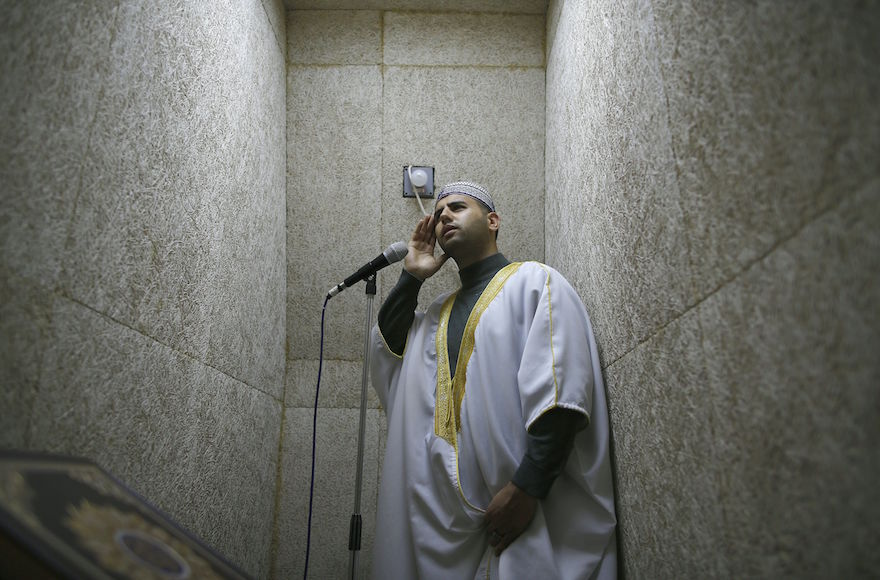Tel Aviv- The Israeli Knesset gave a preliminary approval on Wednesday to a bill that would ban the use of loudspeakers to amplify the Muslim call to prayer (adhan).
The Knesset’s majority voted in favor of two measures because those who have introduced the bill failed to agree on one version.
The bills passed 55-48. The draft legislation aims to stop mosques from using loudspeakers to amplify the Muslim call to prayer from 11pm to 7am.
Two versions of the law will go to committee for further discussion before any final vote in parliament, in what could be a lengthy process.
During the assembly, some lawmakers protested the bill, others tore copies of it while some interrupted the speeches of the lawmakers who have pushed for its adoption.
Some shouted ‘Allahu Akbar’ before a number of Arab-dominated Joint List alliance members were expelled of the session.
Joint List lawmakers called for demonstrations to reject the bill, saying the sound of adhan should be raised.
Former Foreign Minister of Israel Tzipi Livni, a leader of the centre-left Zionist Union party, said “proud Israelis” should join together in opposing legislation that would only “spread hate and ignite tensions” between Muslims and Jews.
The new proposed law sets a fine of 10,000 shekel ($2,750) for violations.
In its statement, the Join List denounced the bill, saying Arab citizens would not respect a racist law. For its part, the Higher Follow-Up Committee for Arab Affairs rejected the racist bill, which it said reflects the terrorist mindset of the government.
The adhan will still be heard in the five prayers of the day, it said.
Minister for Waqf Yusuf Ideis also condemned the bill which he considered “a racism that exceeds political dimensions, (touching) on religious aspects and threatening the region with a religious war.”
